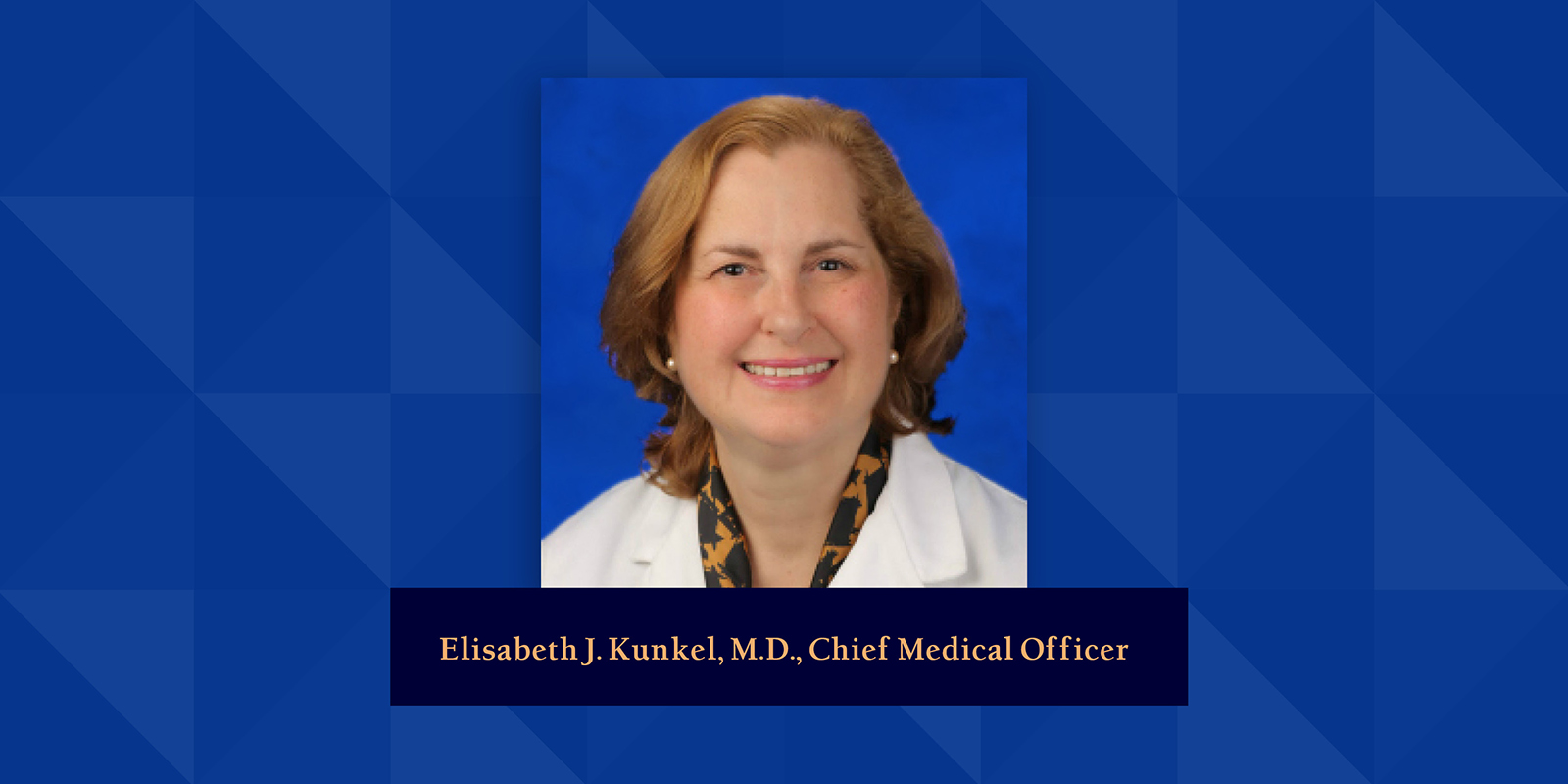Living in central Pennsylvania, many of us know someone who may be facing a substance use disorder. According to the Centers for Disease Control and Prevention (CDC), one in 14 Americans struggles with this issue, often stemming from stress, trauma, mental health challenges or misuse of prescribed opioids. Signs of addiction include declining work or school performance, physical neglect, behavioral changes and financial issues. It’s important to recognize these signs and seek help.
“Asking for help is a crucial step towards recovery. Finding the right resources can make a significant difference in your journey to sobriety,” says Dr. Sarah S. Kawasaki, Addiction Services Director at the Pennsylvania Psychiatric Institute (PPI), a Penn State Health enterprise. “Utilize the available support systems, and don’t hesitate to reach out.”
Fortunately, there are local resources available to assist with screening, treatment and recovery:
Local Government Support
Residents of Adams, Cumberland, Dauphin, Perry and York counties have access to a continuum of quality substance abuse prevention, intervention and treatment services. While each county is different, community drug and alcohol services are generally offered at no cost. More details are available on the counties’ websites:
Substance Abuse and Mental Health Services Administration (SAMHSA) Helpline
The SAMHSA National Helpline is a free, confidential, 24/7, 365-day-a-year treatment referral and information service for individuals and families facing mental and/or substance use disorders. It provides referrals to local treatment facilities, support groups and community-based organizations. The helpline is available in English and Spanish and supports those without health insurance.
The helpline is available at no cost by dialing 1-800-662-HELP (4357).
You can learn more about SAMHSA by visiting SAMHSA.gov.
Sober Apps
Apps can significantly aid the recovery process by providing tools for tracking sobriety, connecting with support networks, accessing counseling and receiving motivational reminders. These features help individuals maintain their commitment to recovery, monitor their progress and find immediate support when facing challenges.
Below are five apps highlighted by the US Drug Enforcement Administration’s (DEA) resource for parents, educators and caregivers, “Get Smart About Drugs.”
Peer Support Groups
Peer support groups are crucial in recovery from substance use disorders for several reasons. They provide emotional support and understanding from those with similar experiences, reducing feelings of isolation and stigma. These groups offer practical advice and coping strategies, fostering a sense of community and accountability. Peer support enhances motivation and commitment to recovery by sharing successes and challenges. Additionally, these groups often provide resources and information about treatment options and other supportive services.
Numerous support groups are available, but USA.gov recommends the following:
- Alcoholics Anonymous is a global fellowship of individuals who share their experiences, strength and hope with each other to solve their common problems and help others recover from alcoholism.
- Al-Anon is a support group for friends and families of problem drinkers, offering a space to share experiences, find understanding and develop effective ways to cope with the challenges associated with a loved one’s alcoholism.
- Alateen is a support group for teenagers (ages 13 to 18) affected by someone else’s alcoholism, providing a space to share experiences, strength and hope to cope with their challenges.
- Narcotics Anonymous is a worldwide group that offers support to individuals recovering from drug addiction through shared experiences and a twelve-step program.
- NAR-Anon is a support group for family members and friends of individuals struggling with addiction, providing a community for sharing experiences and finding strength.
- SMART Recovery is a science-based program that supports individuals in overcoming addictive behaviors by promoting self-empowerment and self-reliance through its four-point program, which includes building and maintaining motivation, coping with urges, managing thoughts and behaviors and living a balanced life.
Advancement In Recovery (AIR) Program
The AIR Program by PPI offers comprehensive Medication Assisted Treatment (MAT) for individuals struggling with opioid use disorder. The program includes services such as methadone maintenance, daily Suboxone or Subutex, Vivitrol and Naltrexone treatments, individual and group counseling, intensive outpatient programming, family therapy and various support group meetings. The AIR team consists of experienced medical doctors and clinicians who support patients throughout all phases of treatment.
Learn more by calling the PPI Admissions Department at 717-782-6420 or by visiting the AIR website.
NEXT Distro
The NEXT Distro program in Pennsylvania offers free naloxone (Narcan) by mail to individuals at risk of opioid overdoses. This life-saving medication can reverse overdoses, helping to prevent fatalities. The program also provides educational resources on overdose response and supports harm reduction strategies. No prescription is needed to access naloxone through this initiative.
Learn more by visiting NextDistro.org.
Drug Take-Back Locations
The Prescription Drug Take-Back Program by Pennsylvania’s Department of Drug and Alcohol Programs (DDAP) focuses on preventing the misuse of prescription drugs by offering safe disposal options for unused medications. It encourages locking up medications, not sharing them and using designated drug take-back boxes or disposal pouches. The DEA designates acceptable items, while items like hydrogen peroxide and illicit drugs are not accepted.
The DEA allows for the disposal of the following medications:
- Over-the-counter medications
- Prescription medications
- Prescription patches
- Prescription ointments
- Vitamins
- Pet medicines
You can find the closest location by visiting the DDAP website.
Asking for Help
“Remember, it’s important to ask for help if you or someone you know is struggling with substance use. Utilizing the local resources listed can be a crucial step towards recovery,” says Dr. Kawasaki. “Additionally, you can contact PPI for support 24 hours a day, seven days a week, by calling their admissions department at 1-866-746-2496. Seeking assistance is a courageous and necessary step.”
For more information on finding help, visit Pennsylvania’s DDAP or PPI websites.
























